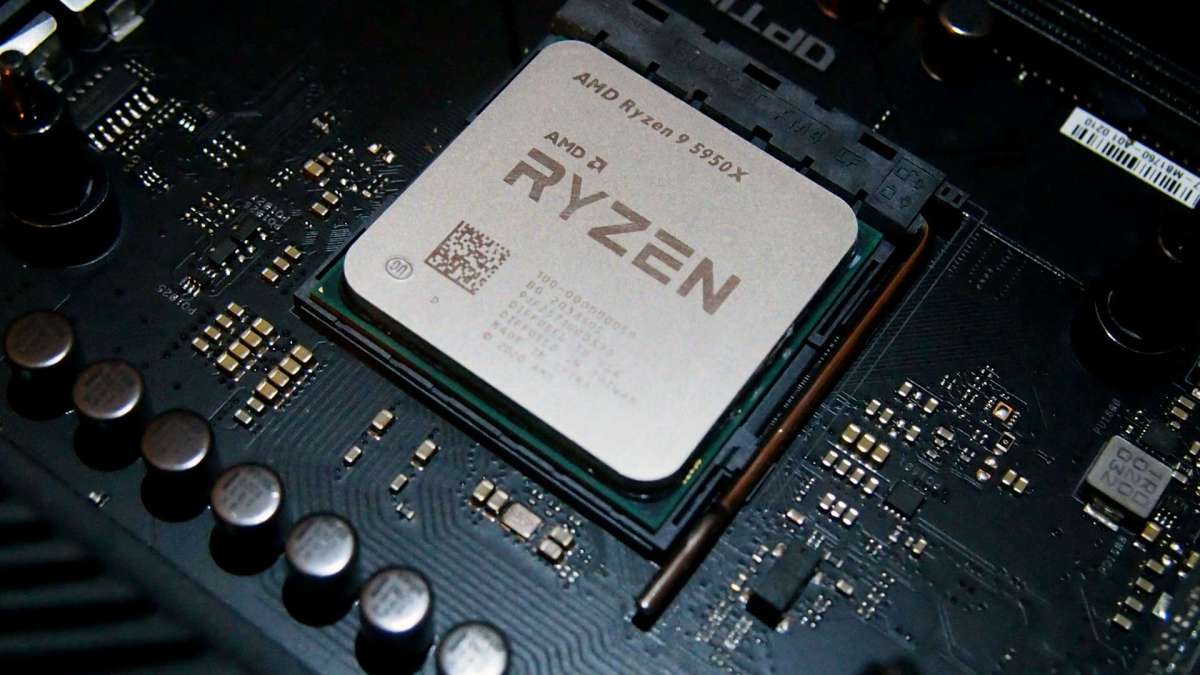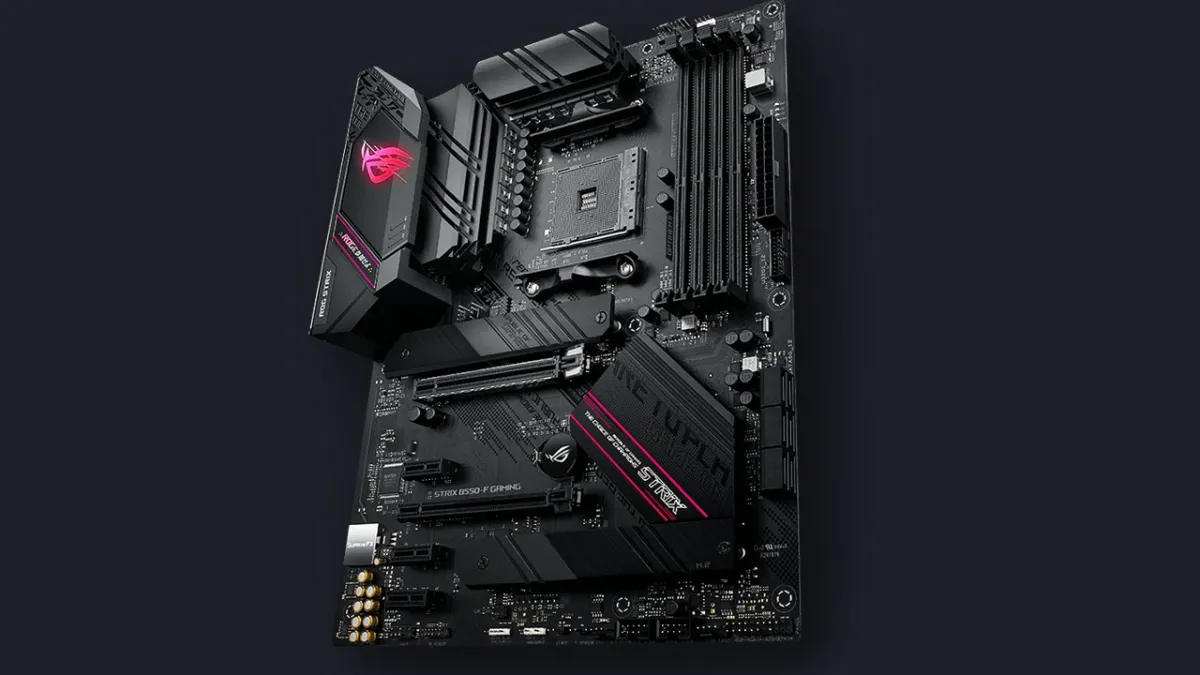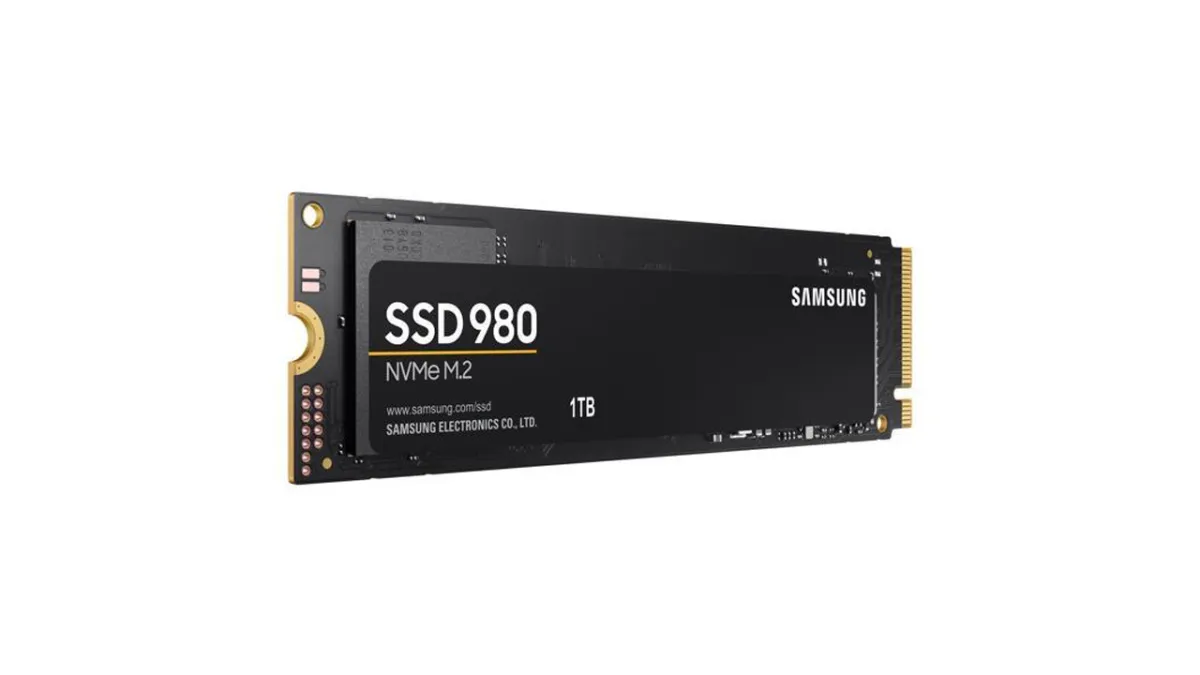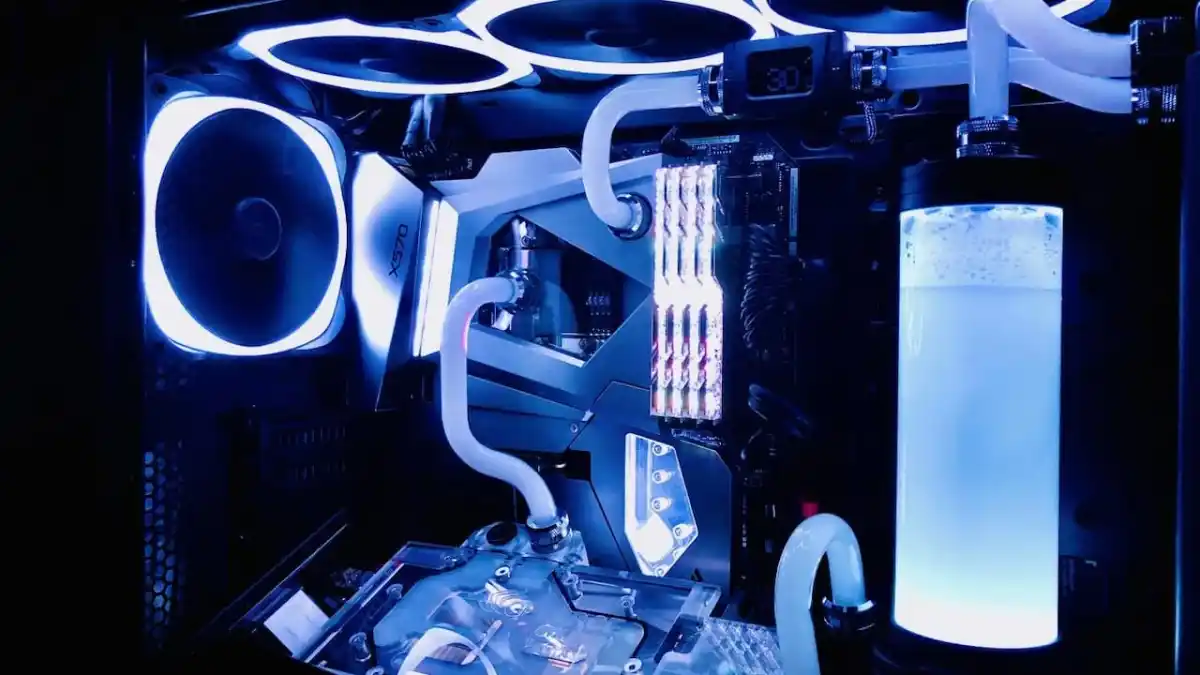Earlier today, AMD announced that it has found a fix to resolve a fTPM related stutter on Ryzen PCs. The stuttering itself is caused by issues with the fTPM (Firmware Trusted Platform Module) chip that led to “temporary pauses in system interactivity or responsiveness.” The impact where this was most felt was during gaming, where an occasional stutter would cause massive disruptions.
AMD’s now come up with a solution to the issue, though it won’t be available until early May. Those with this issue will need to update their motherboard’s system BIOS when this update eventually rolls out. Unfortunately, that’s not really a solution for right now and doesn’t help make the user experience better at the moment. So, to temporarily solve the problem, AMD has suggested that its users use a third party TPM device in the meantime.
It took a while, but a solution is coming
Some AMD Ryzen users have already dealt with this issue for months, and for those who are unfamiliar with how the stutter affects gameplay, it’s awful. A YouTube video posted by Harrison S shows just how badly the stutter can ruin a gaming session. The stutter can last for up to two seconds and can instantly take players out of the experience. It doesn’t just happen with games either, as the entire PC feels the effect. This leads to all sorts of programs stuttering randomly, and it can get very annoying when it happens multiple times a day. Suffice to say, AMD’s fix for the fTPM stutter on Ryzen PCs can’t come soon enough.
The problem could simply be solved by disabling fTPM, which is fairly easy on Windows 10. However, Windows 11 requires it, and disabling TPM becomes a bigger hassle. It’s doable, but does require that you download third-party software and have a USB stick that’s larger than 16GB. Some Windows 10 updates also apparently enable fTPM without the user knowing about it. Essentially, while it’s true that you can disable fTPM, it’s not a perfect solution for many in the long term.
There’s also the fact that TPM chips are necessary as an extra form of security for your PC. In the most basic way, a TPM chip stops attackers from accessing encrypted drives by locking away a part of the key. This obviously isn’t everything a TPM module does, but this is the gist of it. TPM is something that most users probably wouldn’t turn off if it didn’t cause a debilitating stutter on their PCs. AMD’s suggestion to use a discrete TPM instead of the built-in motherboard solution also comes with some inconvenience.
All in all though, it’s good that AMD is finally on track to release a fix to the fTPM stutter effecting Ryzen PCs. AMD’s immediate fix to the issue is also on the table for those that want to go that route. However, the next few months will be agonizing for those that are stuck with this stutter. So, to distract you from this, why not check out the latest leak for Nvidia’s RTX 40 Series graphics cards.








Published: Mar 8, 2022 12:30 pm